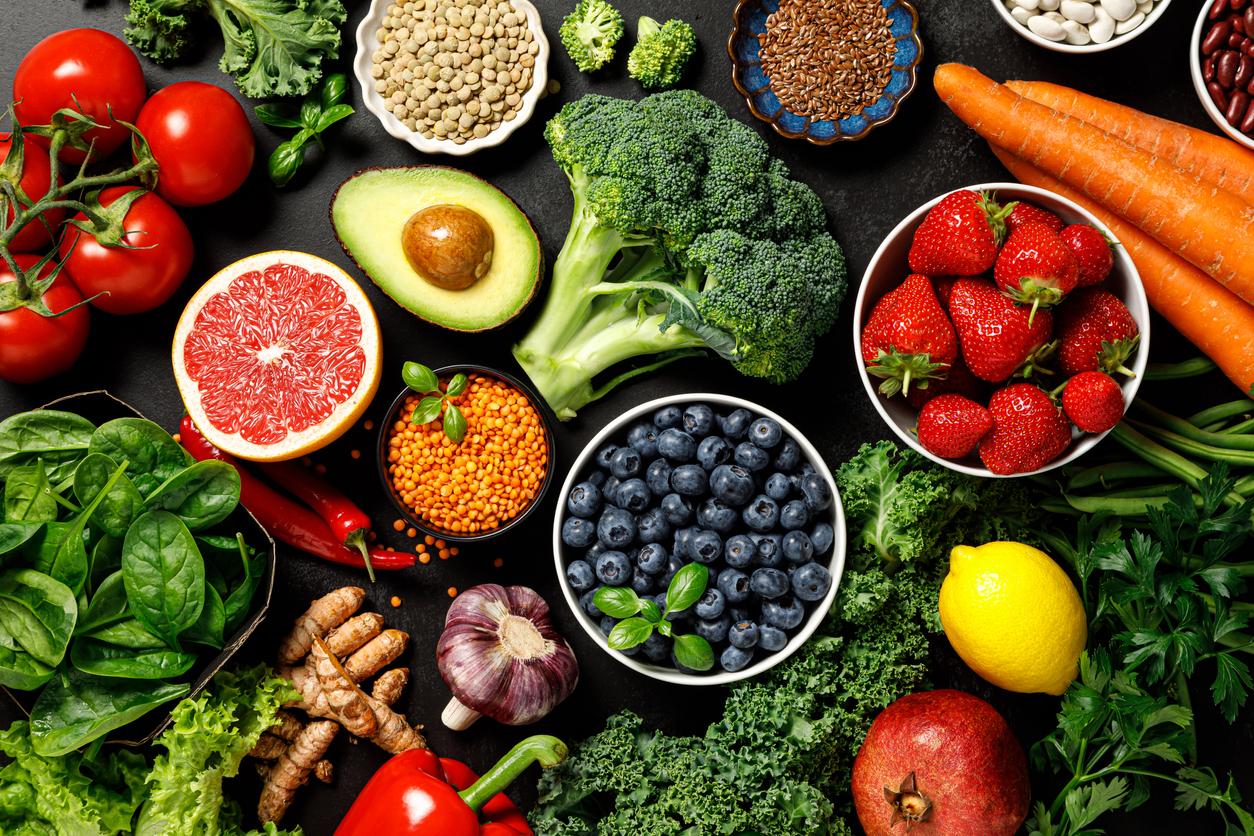Adopting a vegan diet is associated with reduced estimates of biological age, according to a study based on DNA methylation.

- Increased levels of DNA methylation, a type of chemical modification that occurs to regulate gene expression in cells, are associated with aging.
- According to a study of twins, following a vegan diet could reduce biological estimates of age based on these levels of DNA methylation compared to an omnivorous diet.
- Unlike omnivores, vegans showed reductions in estimates of biological age, including the age of their heart, hormones, liver, and inflammatory and metabolic systems.
DNA methylation is a type of chemical modification, known as epigenetic modification, that occurs to regulate gene expression in cells. It is now known that increased levels of DNA methylation are associated with aging.
However, according to a new study published in the journal BMC Medicineadopting a vegan diet would, compared to an omnivorous diet, reduce biological estimates of age based on these levels of DNA methylation. In other words, a vegan diet, which excludes all products of animal origin, would have the effect of “rejuvenating” the body.
Studying DNA methylation to infer biological age
To achieve these results, the research team recruited 21 pairs of adult identical twins, with an average age of 40, to conduct a randomized, controlled trial. For eight weeks, half of each pair of twins ate an omnivorous diet (including meat, eggs, and dairy products on a daily basis), while the other half ate vegan. For the first four weeks, the participants ate meals that had been prepared for them, and for the next four weeks, meals that they had prepared themselves (after receiving nutrition lessons).
The researchers then studied the effects of the different diets by analyzing blood samples from the volunteers taken at weeks four and eight. They used DNA methylation levels to infer the biological ages of the participants and their organ systems.
Reduced organ age in vegans
As a result, they found “decreases in estimates of biological age in participants who ate a vegan diet, but not in those who ate an omnivorous diet”we can read in a communicated. Similarly, vegans showed reductions in their heart age, hormones, liver, and inflammatory and metabolic systems, while omnivores did not. Finally, they lost an average of two kilograms more, “due to differences in the calorie content of the meals provided.”
Scientists do not rule out that these variations in weight loss could contribute to the differences in epigenetic age between the two groups. “Further research is needed to investigate the relationship between dietary composition, weight and aging, in addition to the long-term effects of vegan diets.”they conclude.

















